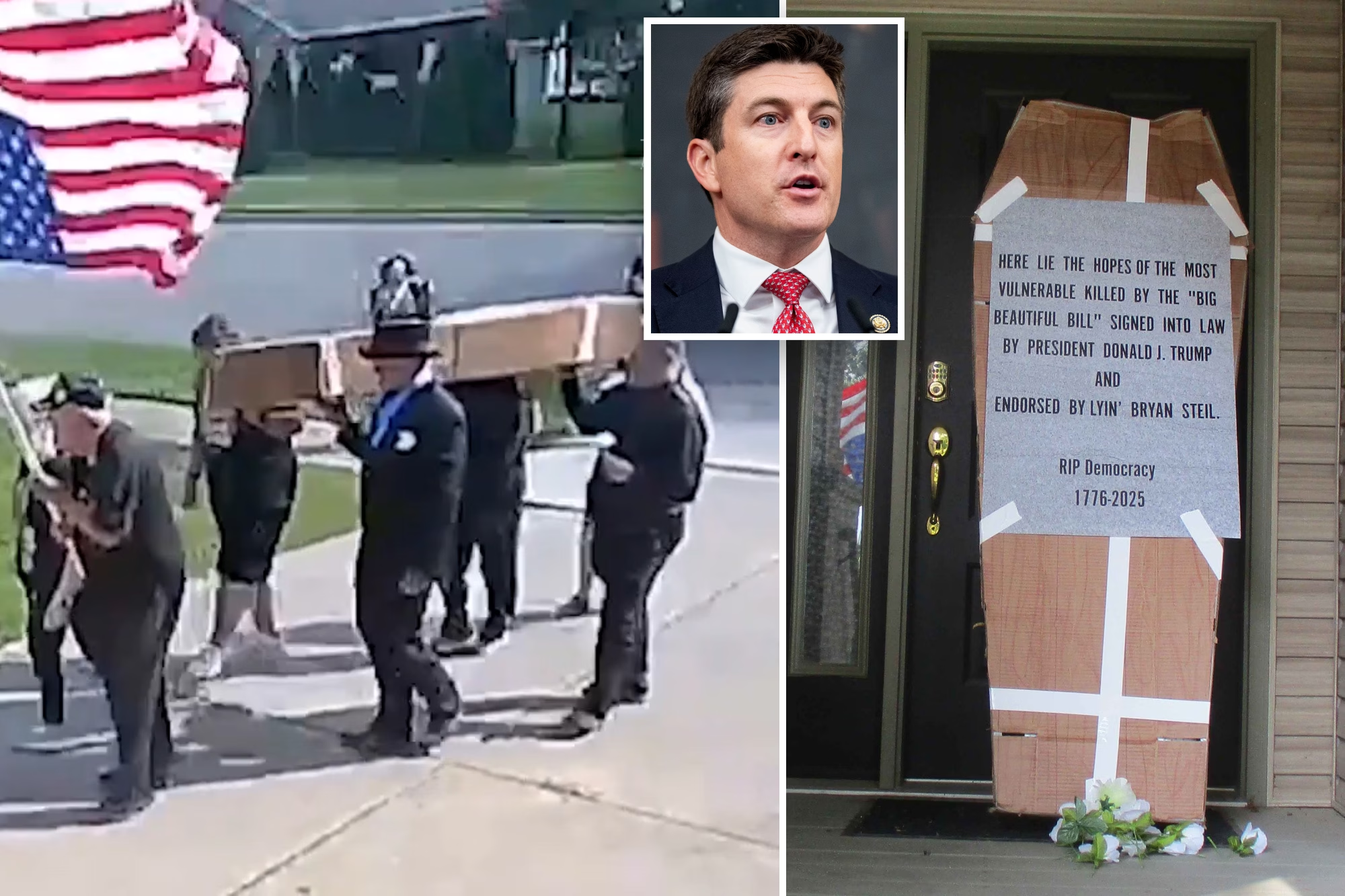
Despite positive feedback from legislators, a decision was made to hold Bill 36-0070, sponsored by Senator Alma Francis Heyliger, in the Committee on Disaster Recovery, Planning, and Infrastructure, pending amendments.
Heard during Monday’s meeting, the bill proposes to ensure that a property acquired through eminent domain can be returned to its owner if it is not used after 25 years. The measure would amend Title 28, Virgin Islands Code, chapter 19 to allow for the previous owner to “file a petition with the Superior Court of the Virgin Islands for the return of the property.”
The previous owner would be required to return the compensation received from the acquisition. The Government of the Virgin Islands would then be prevented from re-acquiring that same property for at least 10 years.
“It is unfair that our government takes people’s properties and we don’t use them, and then start to utilize it as though they’re part of our inventory,” argued Senator Francis Heyliger in her introduction of the bill.
Invited to testify were the Departments of Property and Procurement, and Planning and Natural Resources. Both of their representatives said that they valued the intent of the bill but took issue with several aspects and possible consequences.
“We share concerns about the potential impact on the efficient functioning of government, long-term infrastructure planning and emerging needs,” stated Lisa Alejandro, commissioner of the Department of Property and Procurement. She argued that “a rigid 25-year deadline risks undermining long-term projects and creating unnecessary pressure” on relevant departments. According to Ms. Alejandro, certain projects can be held up by financing and permitting delays.
She also insisted that the bill “runs the risk of unnecessarily restricting the government’s ability to divert property to an alternate public use.” Committee chair Senator Marise James did not see that as a major problem, however. “I don’t like alternate use,” she admitted.
Nevertheless, Ms. Alejandro continued to argue against the bill, saying it would compel the GVI to manage a “complex tracking system for all eminent domain acquisitions.” Another argument was that “it invites a wave of litigation over what qualifies as public use when that use begins, and whether efforts towards the intended use suffice.” DPP was also concerned that the GVI would be “subject to abuse by well-resourced former owners.”
“Adding this additional layer of restriction could act as a deterrent to future development or infrastructure improvements due to uncertainties,” Ms. Alejandro insisted.
Her sentiments were largely shared by Jozette Walker, DPNR’s assistant commissioner. She testified that the bill, “even with a reversion clause, could inadvertently stall infrastructure pipelines or result in rushed, suboptimal development.” She, too, felt that the 25-year window “does not align with the full life cycle of planning, permitting, funding and executing.”
“Flexibility is essential,” she urged. Therefore, DPNR recommended “including a repurposing clause that allows for alternate public uses where the original use proves infeasible.” Ms. Walker further proposed that properties obtained through eminent domain could be subjected to “periodic public review and reallocation” after 20 years.
Both DPP and DPNR encouraged lawmakers to “incorporate a first offer or right of first refusal model only if the government elects to dispose of the property consistent with national best practices.”
Sen. James remained largely supportive of the legislation throughout the meeting. She described eminent domain as an “invasive tool by the government,” stressing the need for properties to be used as originally intended, for the public good. The issue of “invisible planning” was also raised during the meeting, with Ms. Alejandro referencing “significant financial investment” that cannot be seen as a physical manifestation of work on the property. Sen. James dismissed that argument, noting the timeframe mentioned in the bill. “Twenty-five years later down the road, you are telling me that there is invisible planning,” she said, bewildered.
“I think it’s embarrassing that the Government of the Virgin Islands is having a debate that would potentially take a quarter of a century to potentially put up a building,” added Senator Francis Heylgier.
Senator Novelle Francis encouraged the inclusion of a “conditional mechanism” that “triggers the ability to determine whether or not there is active pursuit in being able to use the property or repurposing it.”
Senator Kurt Vialet was the lawmaker who voiced the most uncertainty over the bill. “I understand the purpose of the bill, but it is far-reaching, and I think we need to take a very, very close look at that particular section to make a determination as to whether or not that is going to be in the best interest of the Government of the Virgin Islands.”
“We have so many people in our community getting stomped on that we’re so used to protecting the government. We’re not looking at ways to protect the very people we take advantage of,” argued Senator Francis Heyliger.
Nonetheless, with recommendations to include definitions for public use and active progress, and talk of incorporating several of the recommendations as amendments, the bill is set to return to the Committee on Disaster Recovery, Planning and Infrastructure at a future session.
British Caribbean News


